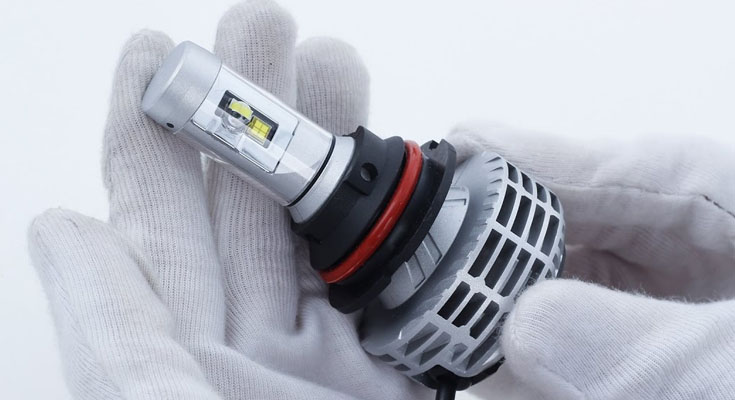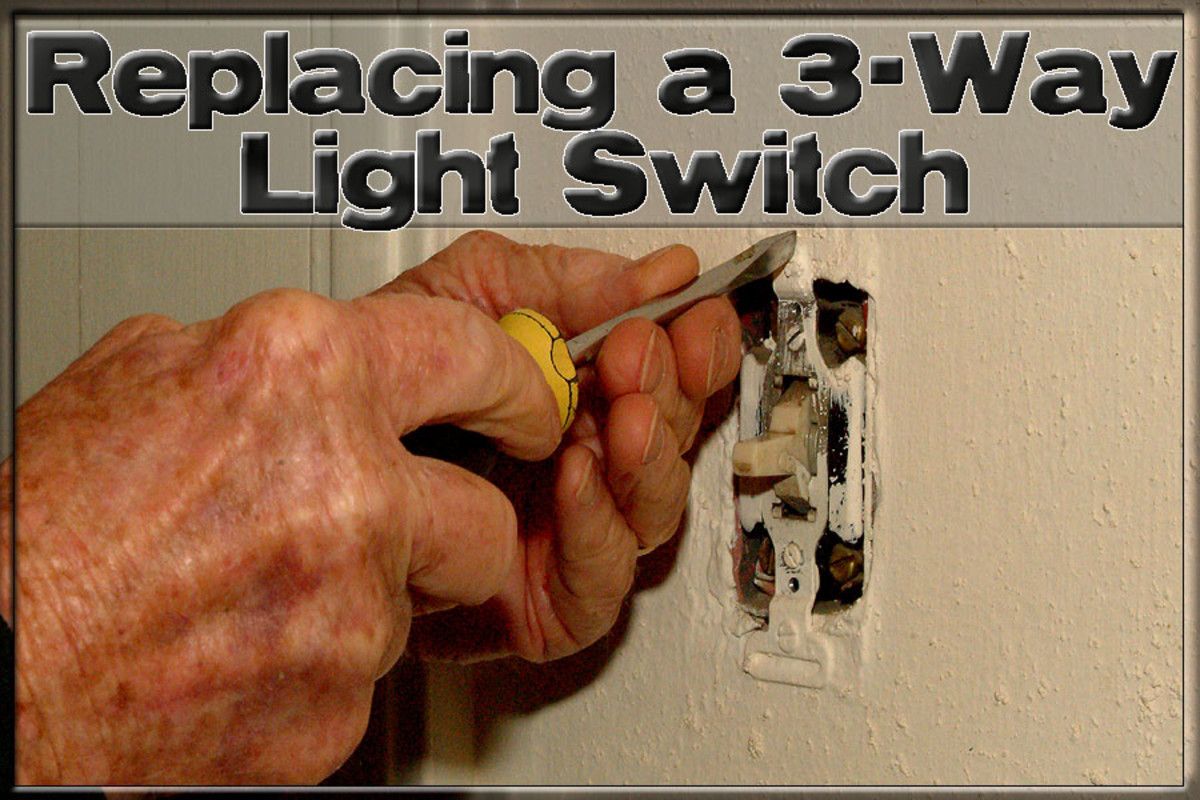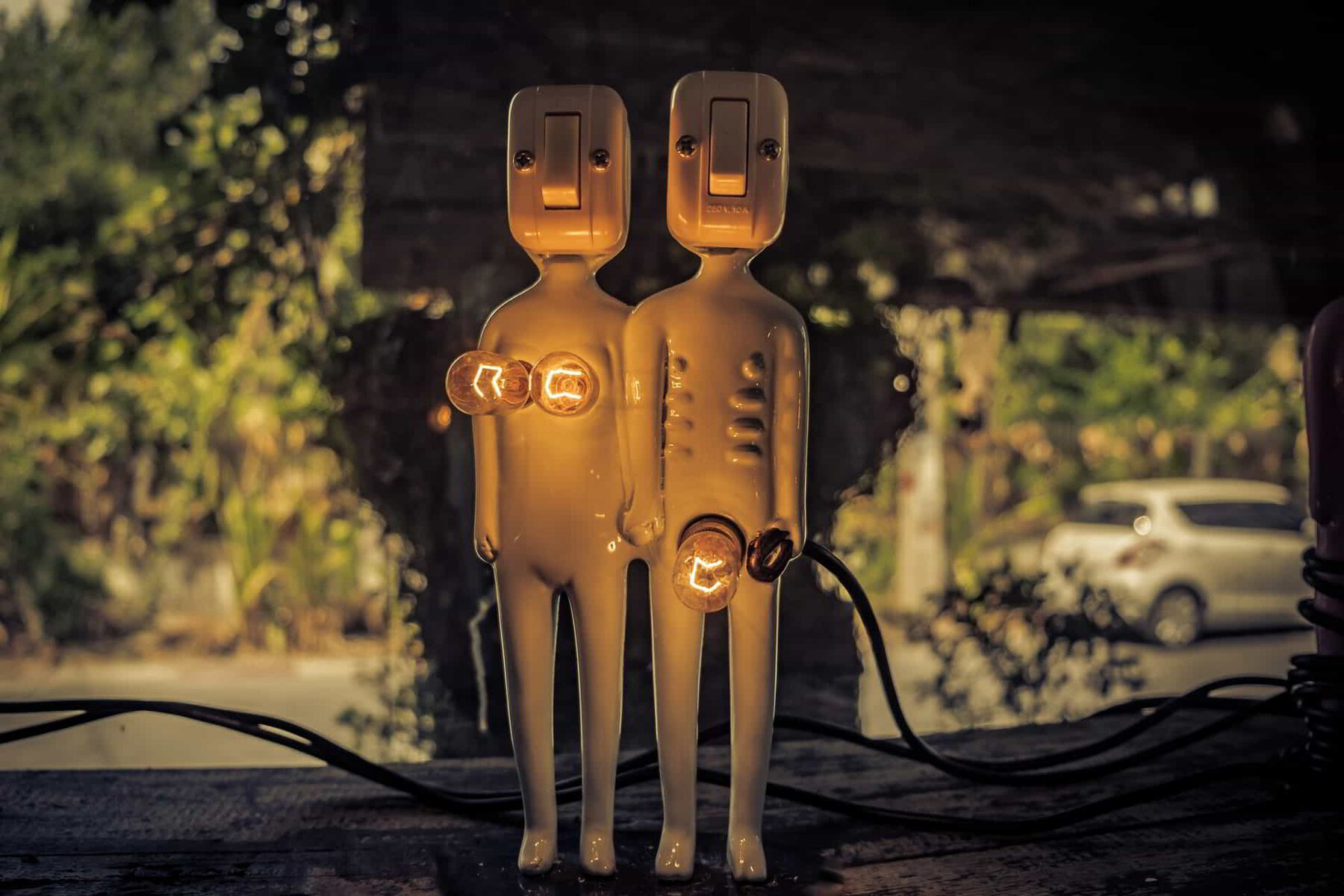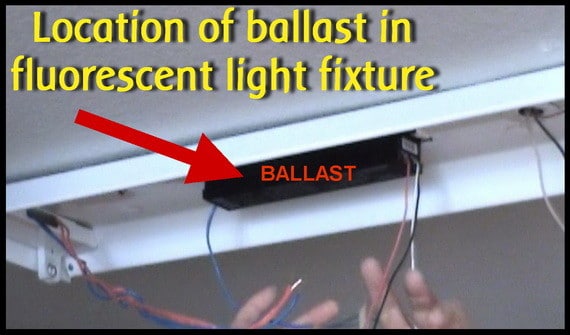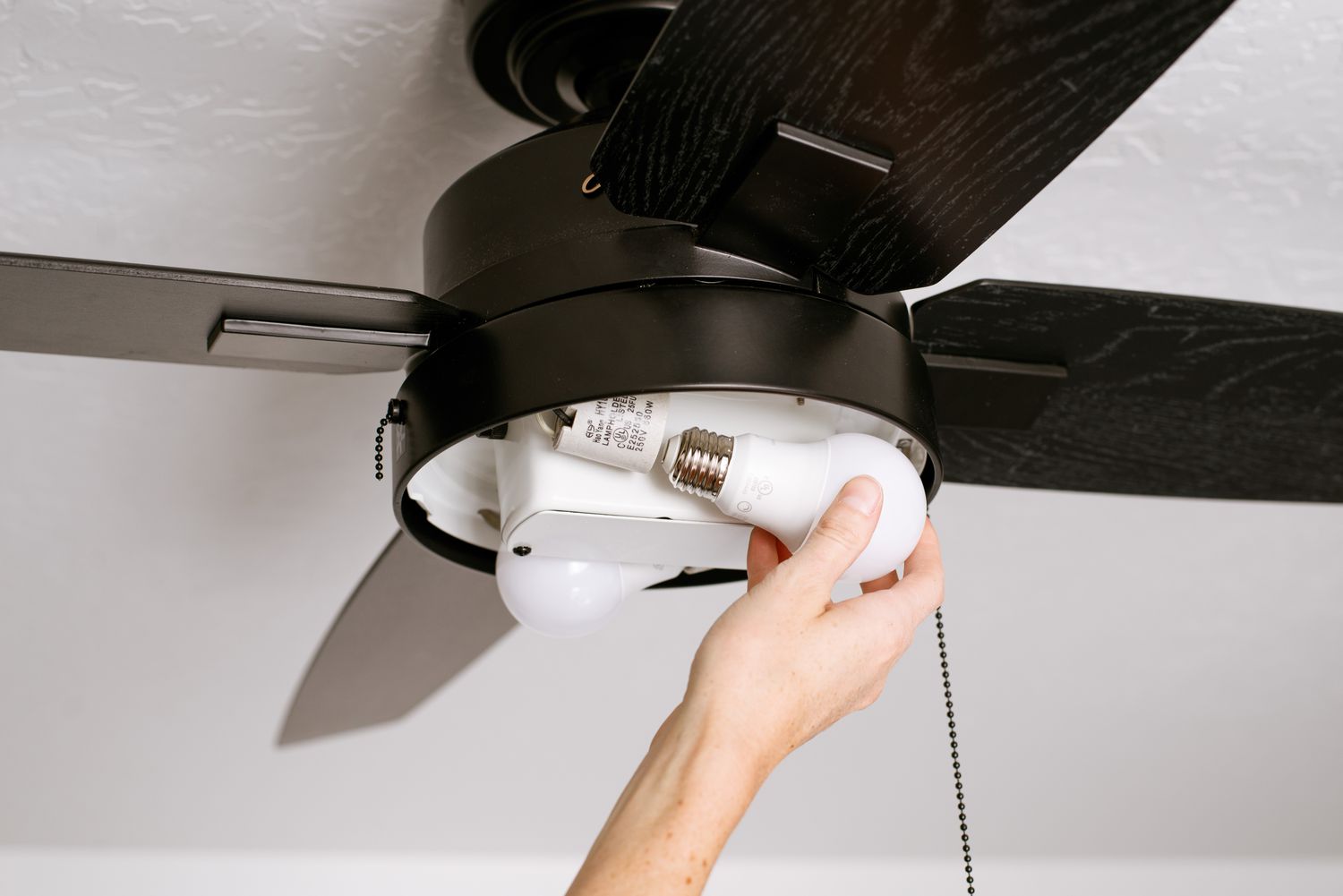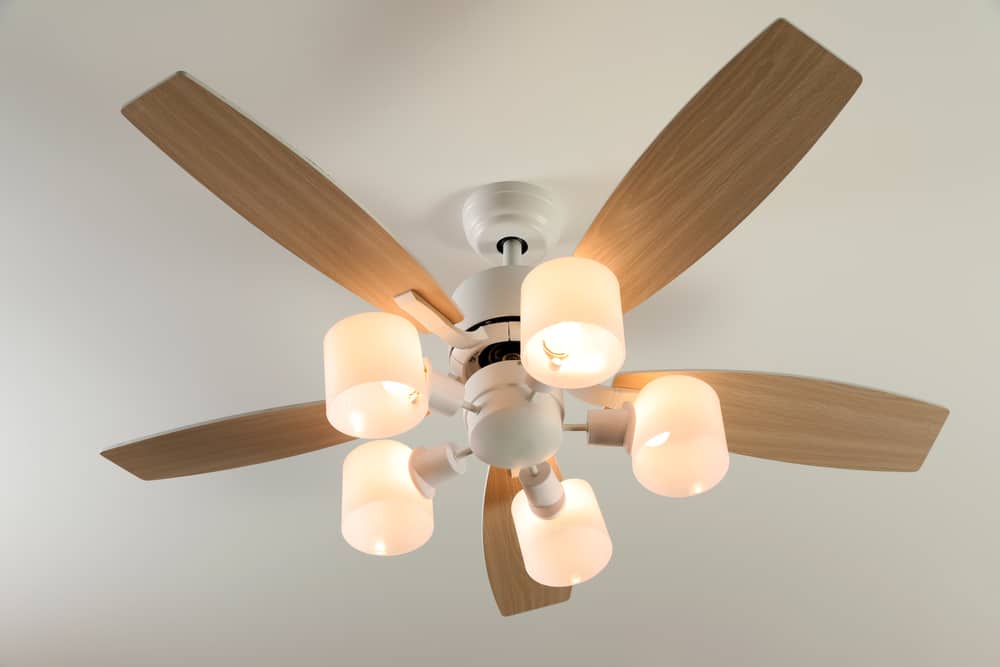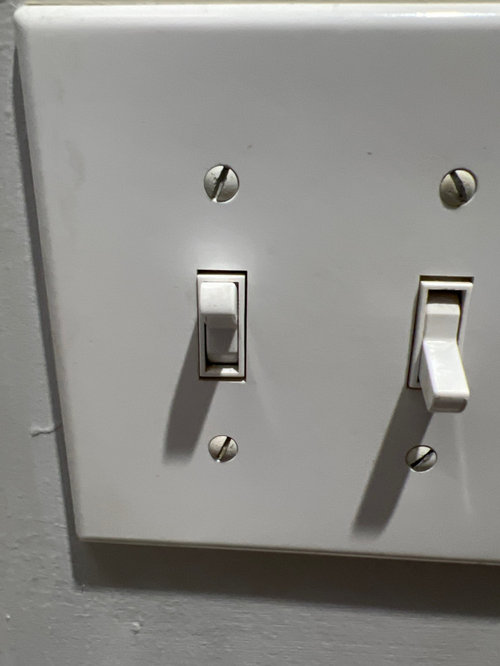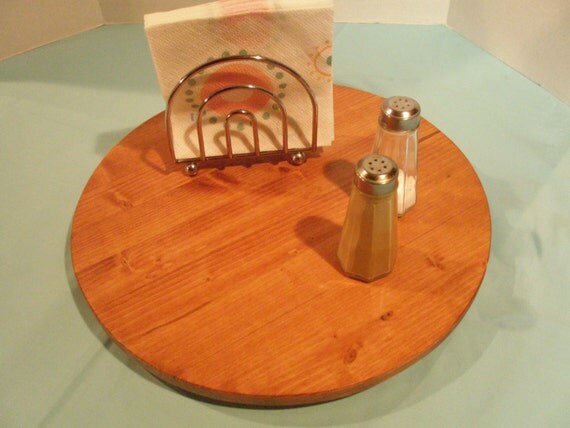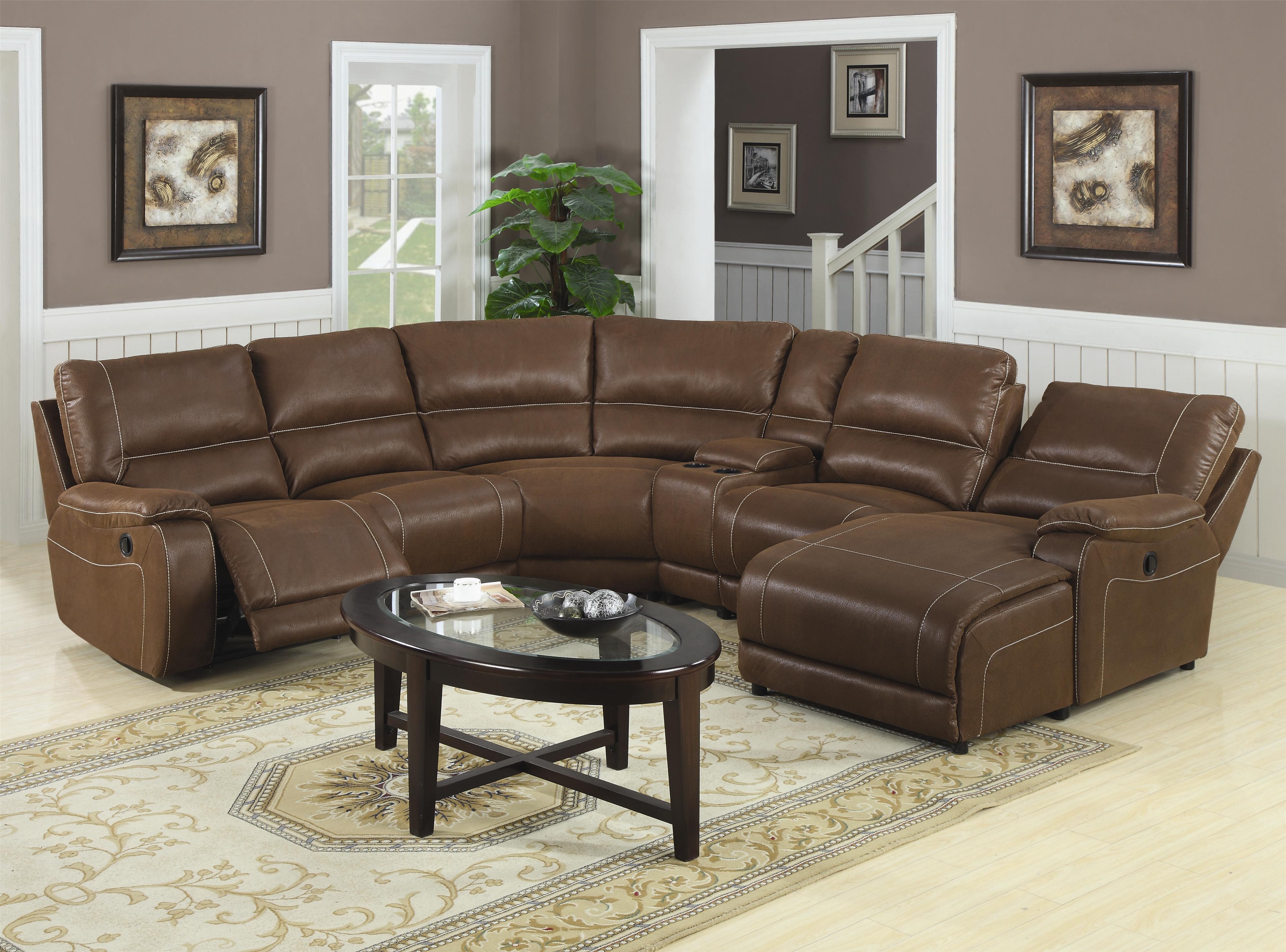How to Fix a Flickering Light Bulb
If you've noticed your kitchen light flickering on and off, it can be a frustrating and annoying problem to deal with. Not only is it distracting, but it can also be a sign of a larger electrical issue. Fortunately, there are steps you can take to fix a flickering light bulb and ensure your kitchen stays well-lit and safe.
How to Troubleshoot Flickering Lights in Your Home
Flickering lights can happen in any room of your home, but they seem to be more common in the kitchen. Before you attempt to fix a flickering light, it's important to troubleshoot the issue to determine the cause. This can help you determine the best course of action for fixing the problem.
Why Do My Lights Keep Flickering?
There are several potential reasons why your kitchen light keeps flickering. One common cause is a loose connection in the light fixture or wiring. This can happen over time as the fixture and wiring age and become worn. Other causes may include a faulty light switch, a damaged bulb, or an issue with the electrical supply. It's important to identify the root cause in order to properly fix the issue.
How to Replace a Flickering Light Fixture
If you've determined that the issue is with the light fixture itself, it may be time to replace it. This can be done by following a few simple steps. First, make sure the power to the fixture is turned off. Then, remove the old fixture and disconnect the wiring. Install the new fixture following the manufacturer's instructions and make sure all connections are secure.
Common Causes of Flickering Lights
In addition to loose connections and faulty fixtures, there are a few other common causes of flickering lights. These include voltage fluctuations, which can occur when there is a high demand for electricity in your home. Other causes may include a faulty circuit breaker or a problem with the wiring in your home. It's important to address these issues promptly to avoid any potential safety hazards.
How to Fix a Flickering Fluorescent Light
Fluorescent lights are known for flickering, especially when they are nearing the end of their lifespan. If you have a flickering fluorescent light in your kitchen, the first step is to replace the bulb. If this doesn't solve the issue, you may need to replace the ballast or the entire fixture. It's best to consult a professional electrician for this type of repair.
How to Fix a Flickering LED Light
LED lights are more energy-efficient and longer-lasting than traditional bulbs, but they can still experience flickering. This is often due to a compatibility issue between the LED bulb and the dimmer switch. If you've recently switched to LED lights and are experiencing flickering, try changing the dimmer switch to one that is specifically designed for LED bulbs.
How to Replace a Flickering Light Switch
If your kitchen light keeps flickering, the issue may be with the light switch itself. Over time, switches can become worn or damaged, leading to flickering lights. To replace a light switch, make sure the power is turned off and then remove the old switch by disconnecting the wires. Install the new switch following the manufacturer's instructions and ensure all connections are secure.
How to Fix a Flickering Ceiling Fan Light
If your kitchen has a ceiling fan with a light, you may experience flickering in the light. This can be caused by a loose connection or an issue with the fan's capacitor. To fix this, first turn off the power to the fan and then tighten any loose connections. If this doesn't solve the issue, you may need to replace the capacitor.
How to Troubleshoot Flickering Lights in Your Kitchen
If you're experiencing flickering lights in your kitchen, it's important to troubleshoot the issue to determine the cause. This may involve checking the wiring, replacing a faulty fixture or switch, or consulting a professional electrician. By addressing the issue promptly, you can ensure your kitchen stays well-lit and safe for you and your family.
Why is Your Kitchen Light Flickering? Here's What You Need to Know

Understanding the Basics of Kitchen Lighting
 Kitchen lighting is an essential aspect of house design, not only for functionality but also for aesthetics. When properly installed, it can enhance the ambiance of your kitchen and make it a more inviting space. There are various types of kitchen lighting, including overhead lights, task lights, and ambient lights. Each of these serves a specific purpose and can be used individually or in combination to create the perfect lighting for your kitchen.
Kitchen lighting is an essential aspect of house design, not only for functionality but also for aesthetics. When properly installed, it can enhance the ambiance of your kitchen and make it a more inviting space. There are various types of kitchen lighting, including overhead lights, task lights, and ambient lights. Each of these serves a specific purpose and can be used individually or in combination to create the perfect lighting for your kitchen.
The Common Causes of Flickering Lights
 If you notice that your kitchen light keeps flickering, there could be several reasons behind it. The most common cause is a faulty light bulb. Over time, light bulbs can wear out and cause flickering. Another possible cause is a loose or faulty connection in the wiring. This can be a safety hazard and should be addressed immediately by a professional electrician. Lastly, fluctuation in the voltage supply can also cause flickering lights.
If you notice that your kitchen light keeps flickering, there could be several reasons behind it. The most common cause is a faulty light bulb. Over time, light bulbs can wear out and cause flickering. Another possible cause is a loose or faulty connection in the wiring. This can be a safety hazard and should be addressed immediately by a professional electrician. Lastly, fluctuation in the voltage supply can also cause flickering lights.
How to Fix a Flickering Kitchen Light
 The first step to fixing a flickering kitchen light is to determine the cause. If it is a faulty light bulb, simply replacing it should solve the problem. If the issue is with the wiring, it is best to seek the help of a licensed electrician to avoid any potential hazards. Additionally, installing a voltage stabilizer can help regulate the voltage supply and prevent flickering lights.
The first step to fixing a flickering kitchen light is to determine the cause. If it is a faulty light bulb, simply replacing it should solve the problem. If the issue is with the wiring, it is best to seek the help of a licensed electrician to avoid any potential hazards. Additionally, installing a voltage stabilizer can help regulate the voltage supply and prevent flickering lights.
Preventative Measures for Flickering Lights
 To prevent your kitchen light from flickering in the future, it is essential to use high-quality light bulbs and to regularly check and replace them when needed. It is also crucial to ensure that the electrical connections in your kitchen are secure and in good condition. Investing in a voltage stabilizer can also help prevent fluctuations in the voltage supply.
Flickering kitchen lights can be a nuisance and can affect the overall look and feel of your kitchen. By understanding the basics of kitchen lighting and taking preventative measures, you can ensure that your kitchen light stays bright and flicker-free.
Remember to always consult a professional electrician for any electrical issues to ensure the safety of your home and family.
To prevent your kitchen light from flickering in the future, it is essential to use high-quality light bulbs and to regularly check and replace them when needed. It is also crucial to ensure that the electrical connections in your kitchen are secure and in good condition. Investing in a voltage stabilizer can also help prevent fluctuations in the voltage supply.
Flickering kitchen lights can be a nuisance and can affect the overall look and feel of your kitchen. By understanding the basics of kitchen lighting and taking preventative measures, you can ensure that your kitchen light stays bright and flicker-free.
Remember to always consult a professional electrician for any electrical issues to ensure the safety of your home and family.
Convert to HTML code:
Why is Your Kitchen Light Flickering? Here's What You Need to Know
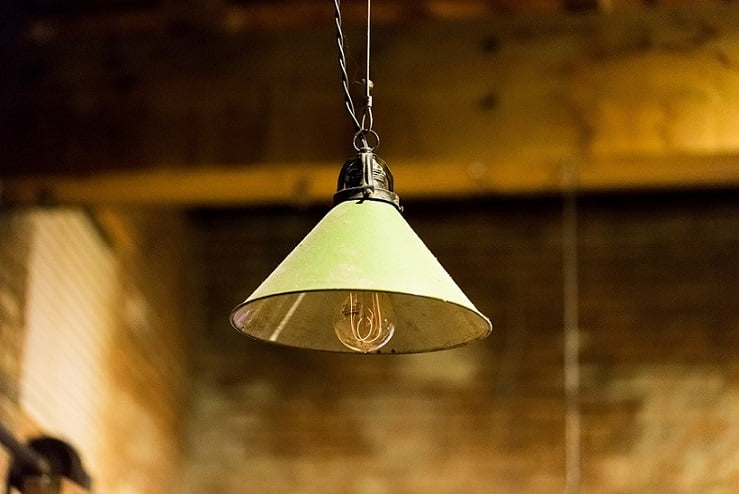
Understanding the Basics of Kitchen Lighting

Kitchen lighting is an essential aspect of house design, not only for functionality but also for aesthetics. When properly installed, it can enhance the ambiance of your kitchen and make it a more inviting space. There are various types of kitchen lighting, including overhead lights, task lights, and ambient lights. Each of these serves a specific purpose and can be used individually or in combination to create the perfect lighting for your kitchen.
The Common Causes of Flickering Lights

If you notice that your kitchen light keeps flickering , there could be several reasons behind it. The most common cause is a faulty light bulb. Over time, light bulbs can wear out and cause flickering. Another possible cause is a loose or faulty connection in the wiring. This can be a safety hazard and should be addressed immediately by a professional electrician. Lastly, fluctuation in the voltage supply can also cause flickering lights.
How to Fix a Flickering Kitchen Light
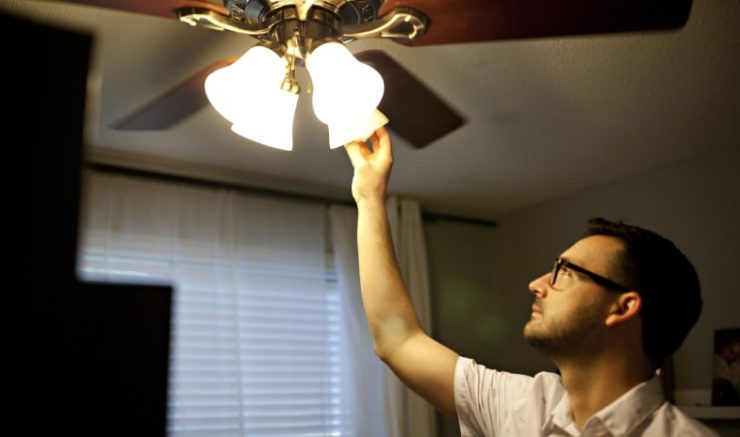
The first step to fixing a flickering kitchen light is to determine the cause. If it is a faulty light bulb, simply replacing it should solve the problem. If the issue is with the wiring, it is best to seek the help of a licensed electrician to avoid any potential hazards. Additionally, installing a voltage stabilizer can help regulate the voltage supply and prevent flickering lights.
Preventative Measures for Flickering Lights

To prevent your kitchen light from flickering in the future, it is essential to use high-quality light bulbs and to regularly check and replace them when needed. It is also crucial to ensure that the electrical connections in your kitchen are secure and in good condition. Investing in a voltage stabilizer can also help prevent fluctuations in the voltage supply.
Flickering kitchen lights can be a nuisance and can affect the overall look and feel of your kitchen. By understanding the basics of kitchen lighting and taking preventative measures, you can ensure that your kitchen light stays bright and flicker-free. Remember to always consult a professional electrician for any electrical issues to ensure the safety of your home and family.

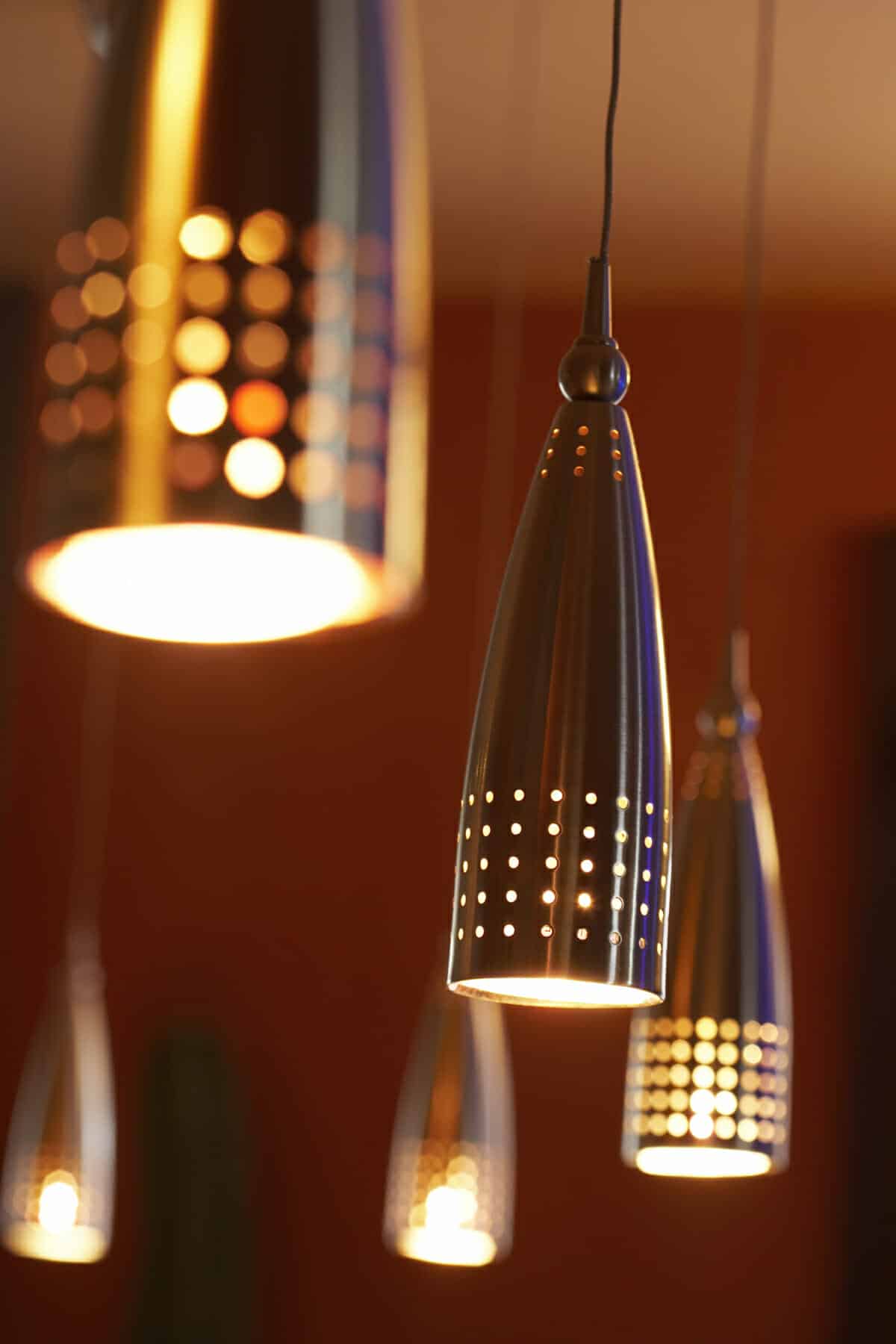
:max_bytes(150000):strip_icc()/replace-a-light-socket-1152456-09-97f01caee207481a9affbc8708565729.jpg)
:max_bytes(150000):strip_icc()/6-e5a635a814d34155931bf5d1ac28a921.jpg)

:max_bytes(150000):strip_icc()/fix-a-flickering-light-bulb-4123638-07-93fde1227c814552b2e2b9b5af6c4e9a.jpg)

/2-faa70d6e92db4034b9a2df022e64633f.jpg)

:max_bytes(150000):strip_icc()/4-7c4531633ca449dca06d85be8c59eae5.jpg?strip=all)
:max_bytes(150000):strip_icc()/9-ebd798251d004593bff068c43bfd25cb.jpg)







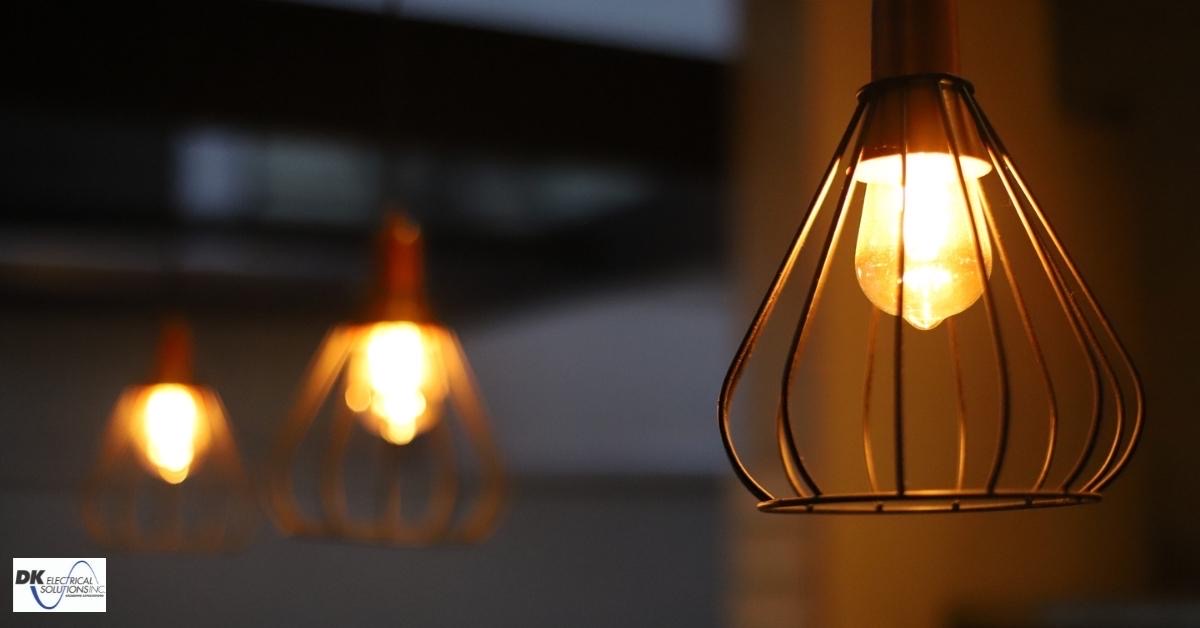
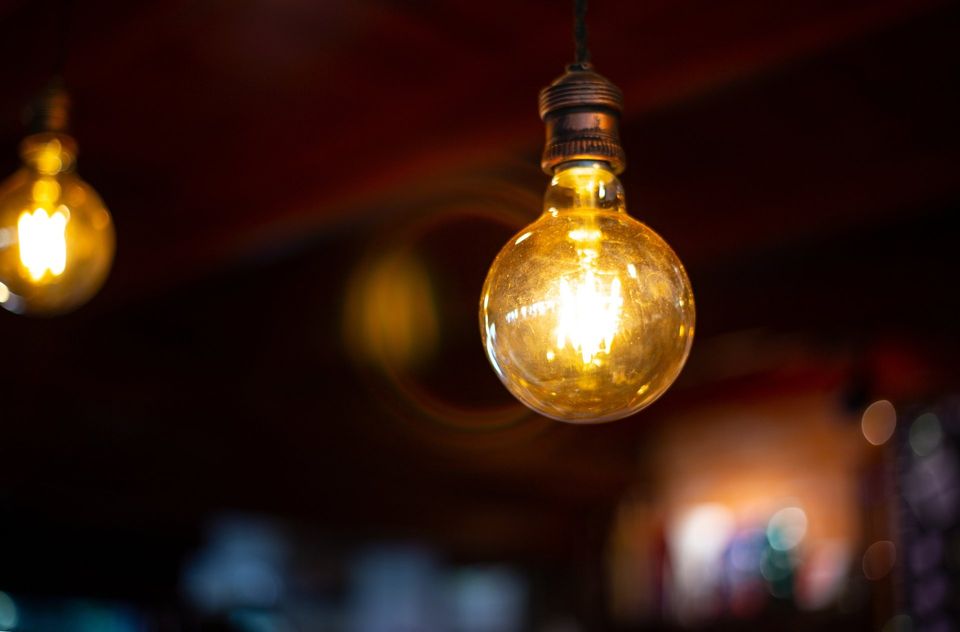


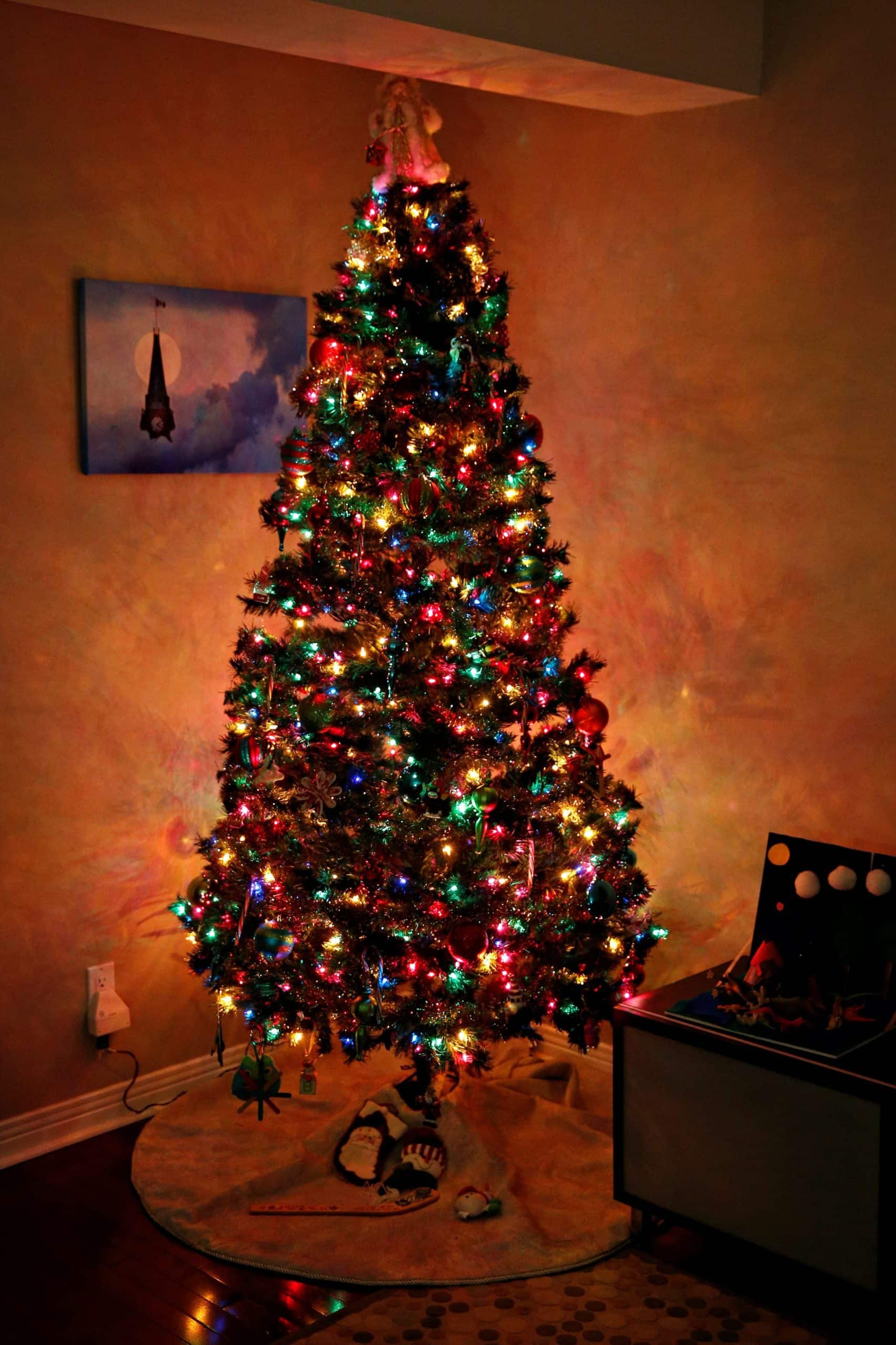




-1920w.jpeg)







:max_bytes(150000):strip_icc()/fix-a-flickering-light-bulb-4123638-06-6965eb2caaad41f5af20e495816e8cc2.jpg)


:max_bytes(150000):strip_icc()/4-7c4531633ca449dca06d85be8c59eae5.jpg)

:max_bytes(150000):strip_icc()/fix-a-flickering-light-bulb-4123638-02-9554c1a5e08449209cb93f8e20f9571b.jpg)
:max_bytes(150000):strip_icc()/fix-a-flickering-light-bulb-4123638-03-0dd36d77f68f41edabed9866db44d97d.jpg)
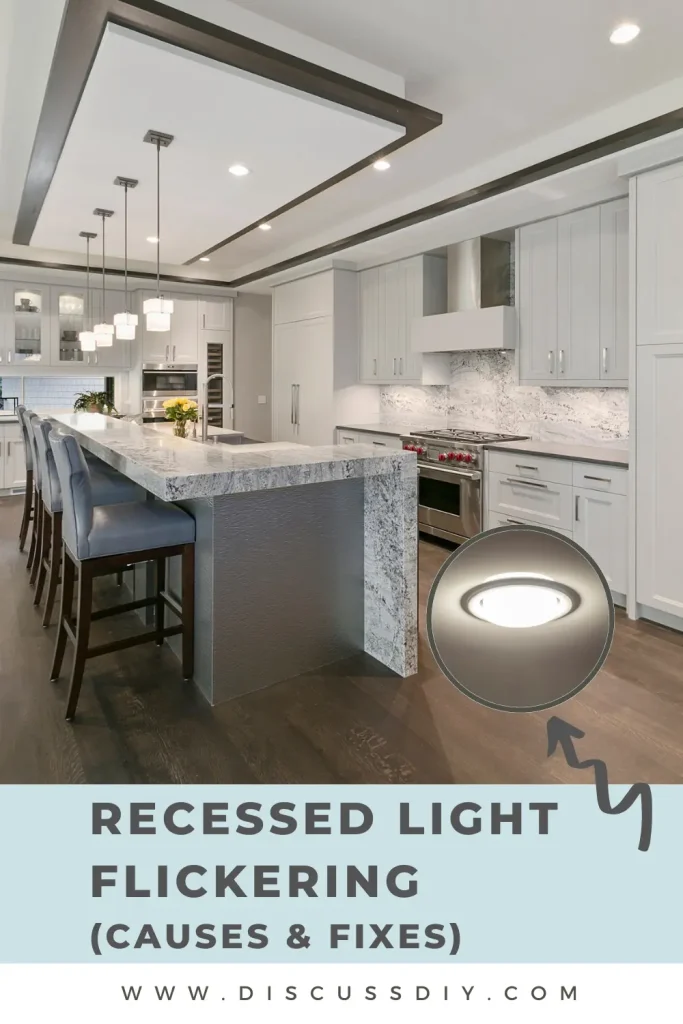


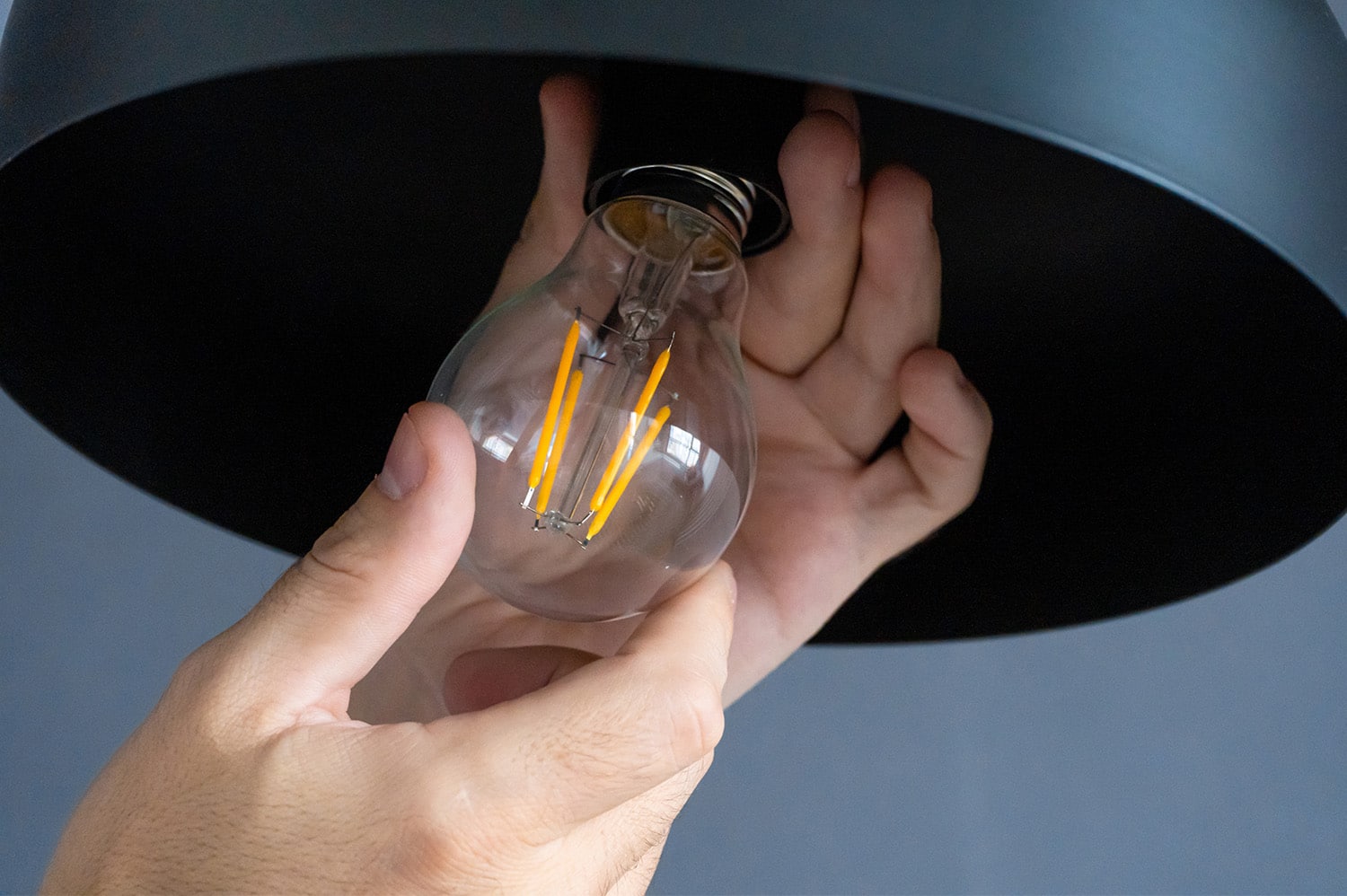
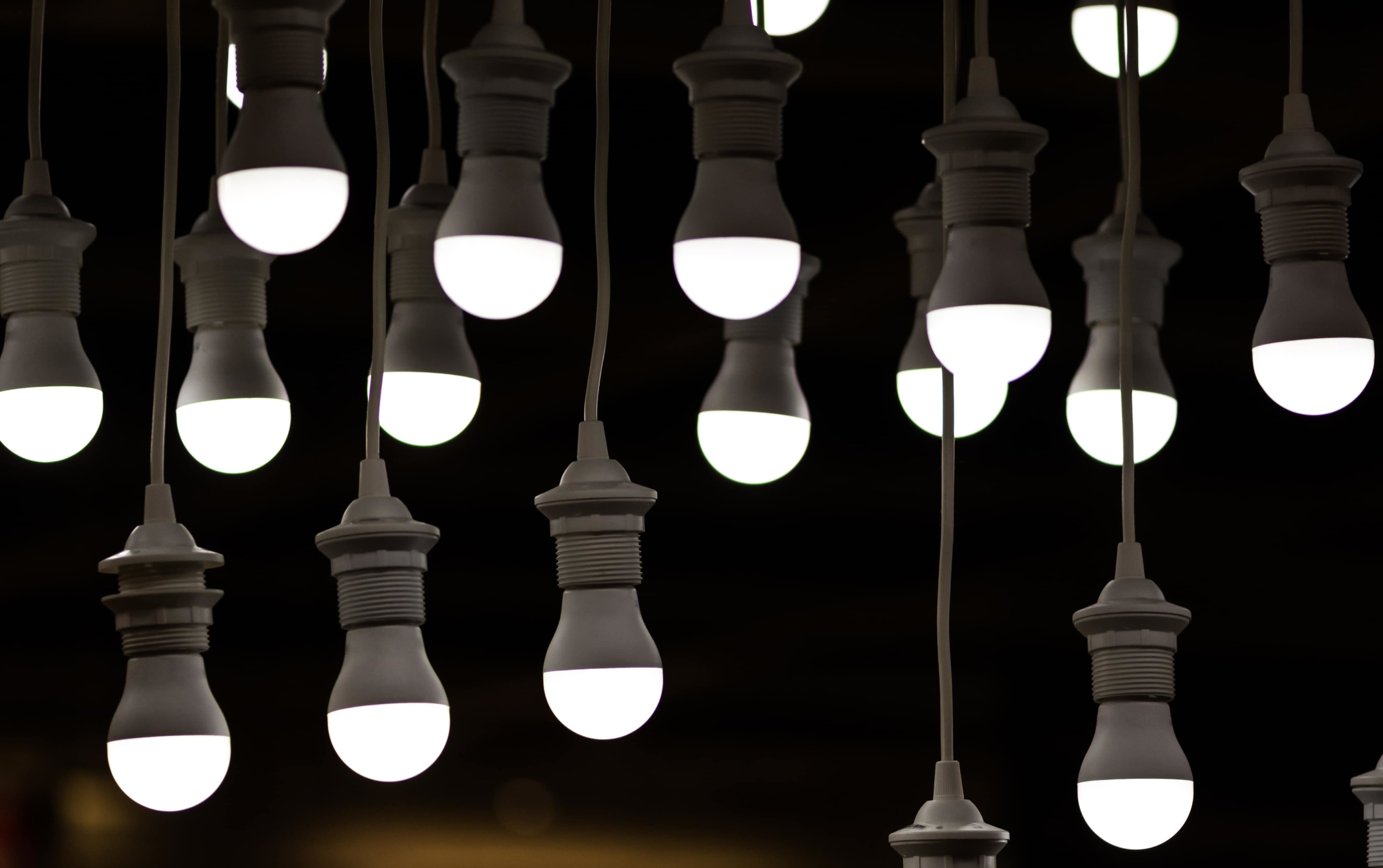
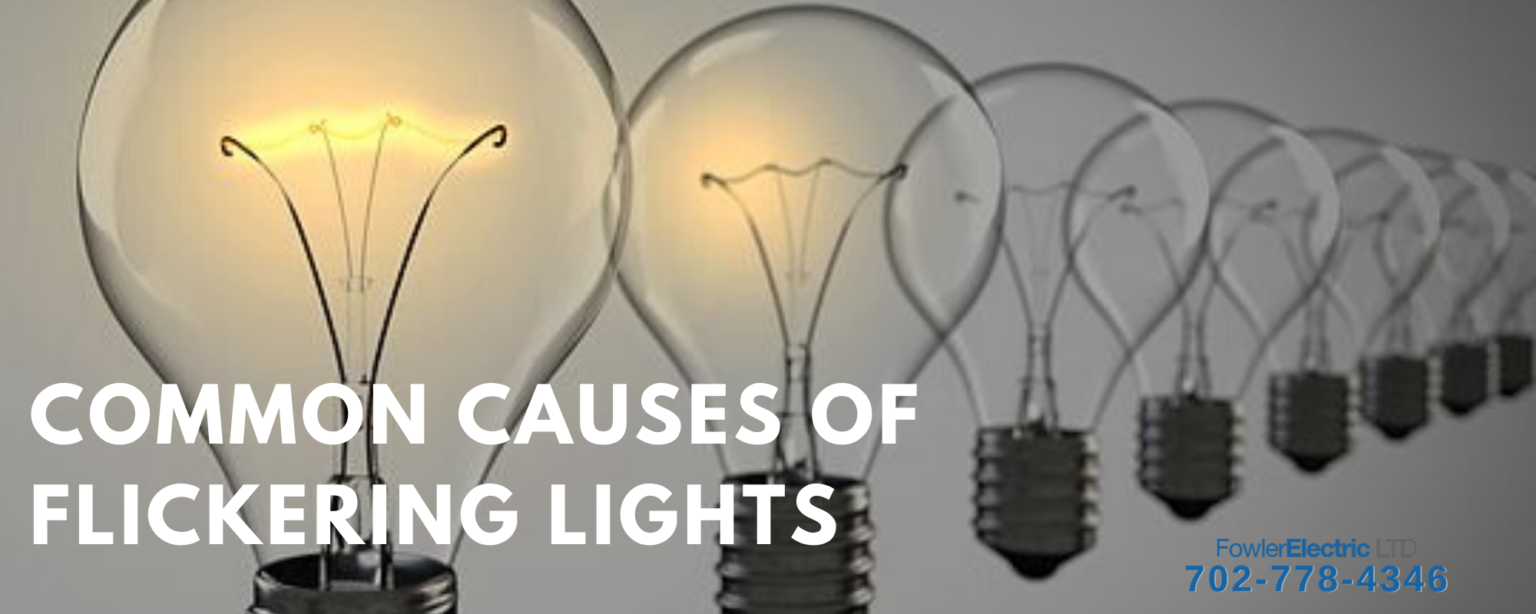


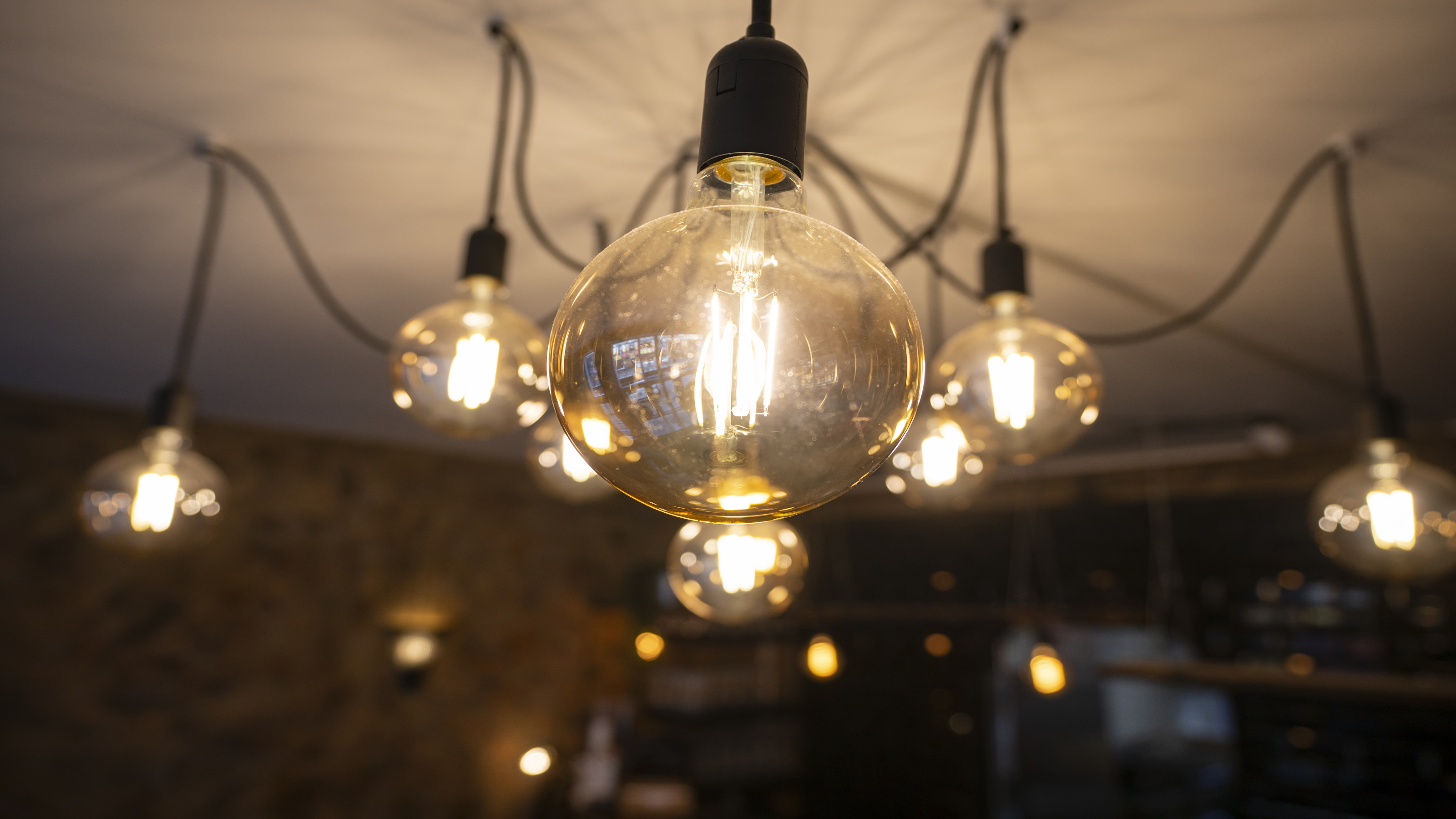

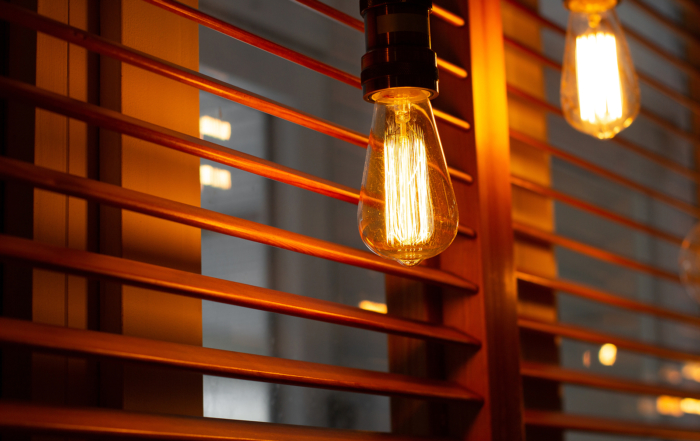

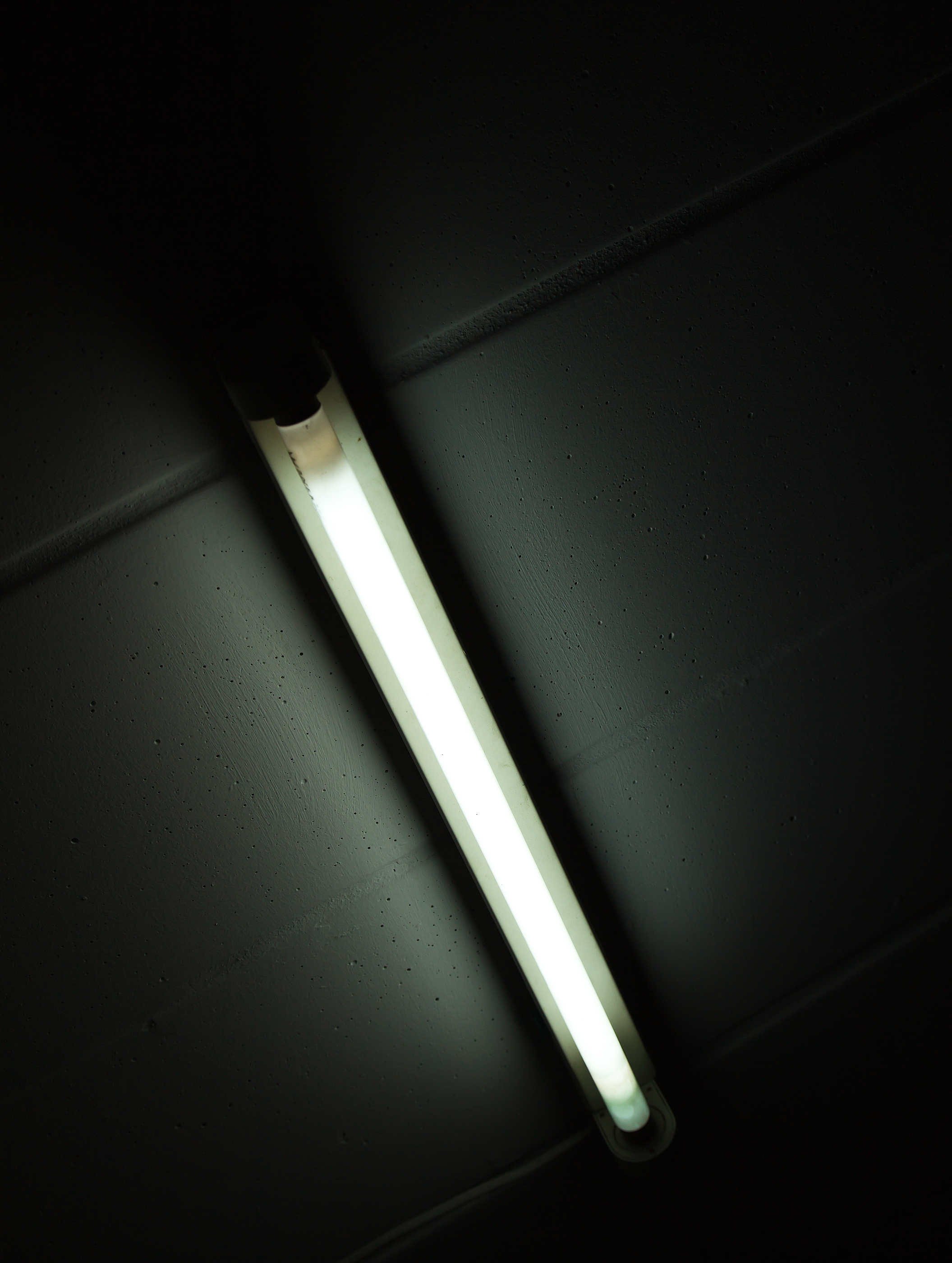

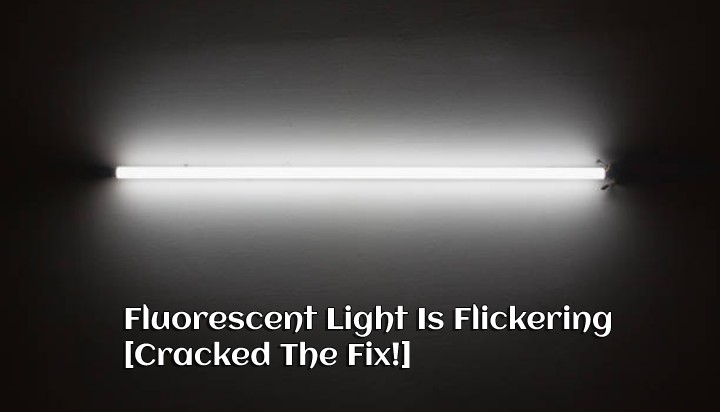
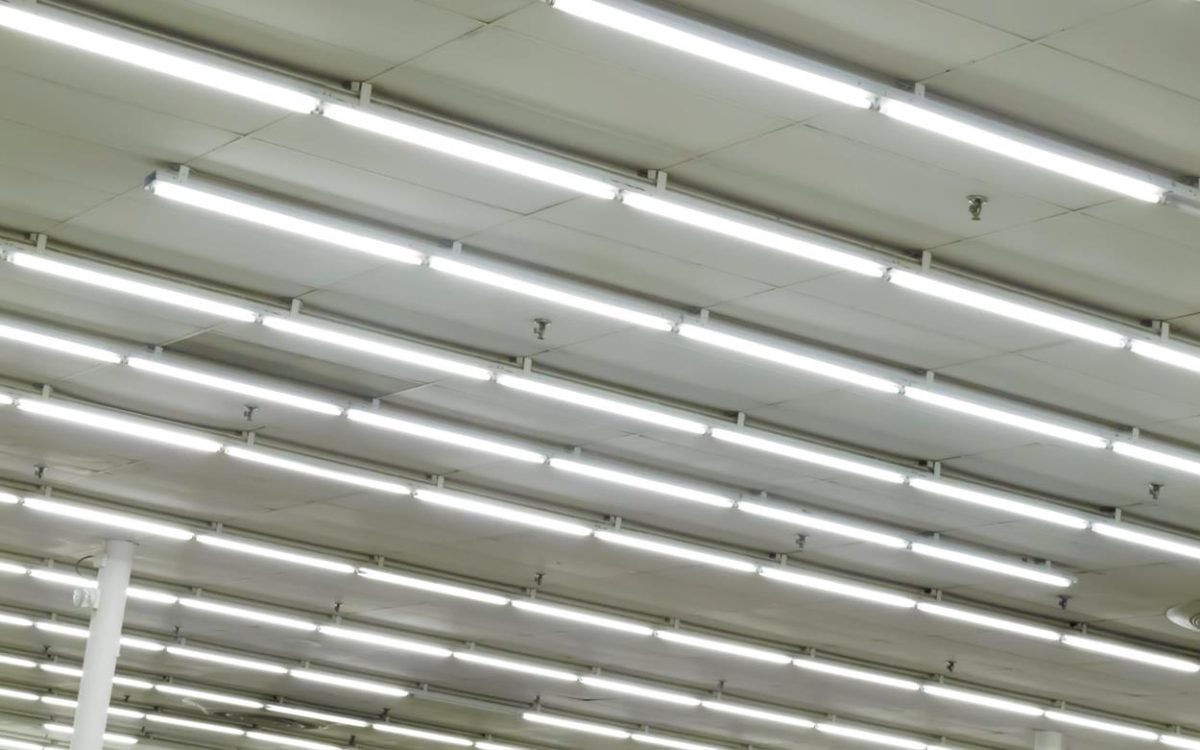


:max_bytes(150000):strip_icc()/fix-a-flickering-light-bulb-4123638_hero_31625-c30e217bfa4b4525968b4628c03e5954.jpg)










